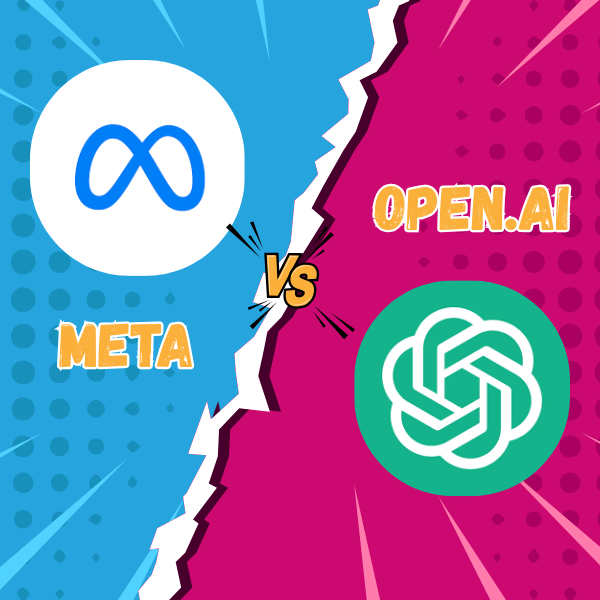In today’s digital world, every platform you use asks for some form of access to your data or content. But what does that mean? Do they own your photos, train AI models on your conversations, or use your uploads in ads?
Let’s examine the differences between OpenAI (ChatGPT) and Meta (Instagram) in terms of content ownership, privacy, and data usage.

📊 OpenAI vs Meta (Instagram) Content Rights Comparison
| Category | OpenAI (ChatGPT) | Meta (Instagram) |
|---|---|---|
| Who owns the content? | You own all uploads & prompts. | You own your photos/videos. |
| Does the platform claim ownership? | ❌ No | ❌ No |
| License you grant them | Used for model improvement (opt-out available) | Used for ads, marketing, and sublicensing |
| Used for advertising? | ❌ No | ✅ Yes |
| Visible to others? | ❌ No (unless shared) | ✅ Yes (if your account is public) |
| License you to grant them | ✅ Yes, via ChatGPT settings | ❌ No full opt-out |
| Can content be sublicensed? | ❌ No | ✅ Yes |
| Data used for training? | ✅ Yes (Free/Plus users) ❌ No (Enterprise) | ✅ Yes (business & personal content) |
| Data Deletion | ✅ Fully deletable | ❌ Not guaranteed |
| Security | Encrypted + GDPR compliant | Encrypted + GDPR compliant |
💾 Save as PDF
Summary
- OpenAI respects your data more in terms of training and reuse. You can opt-out, delete, and keep your content private.
- Meta uses your content broadly across advertising, and partnerships, and can share it far beyond what most people realize.
If you’re a creator, professional, or privacy-conscious user — understanding these differences can help you choose where to share and how much control you truly have.
